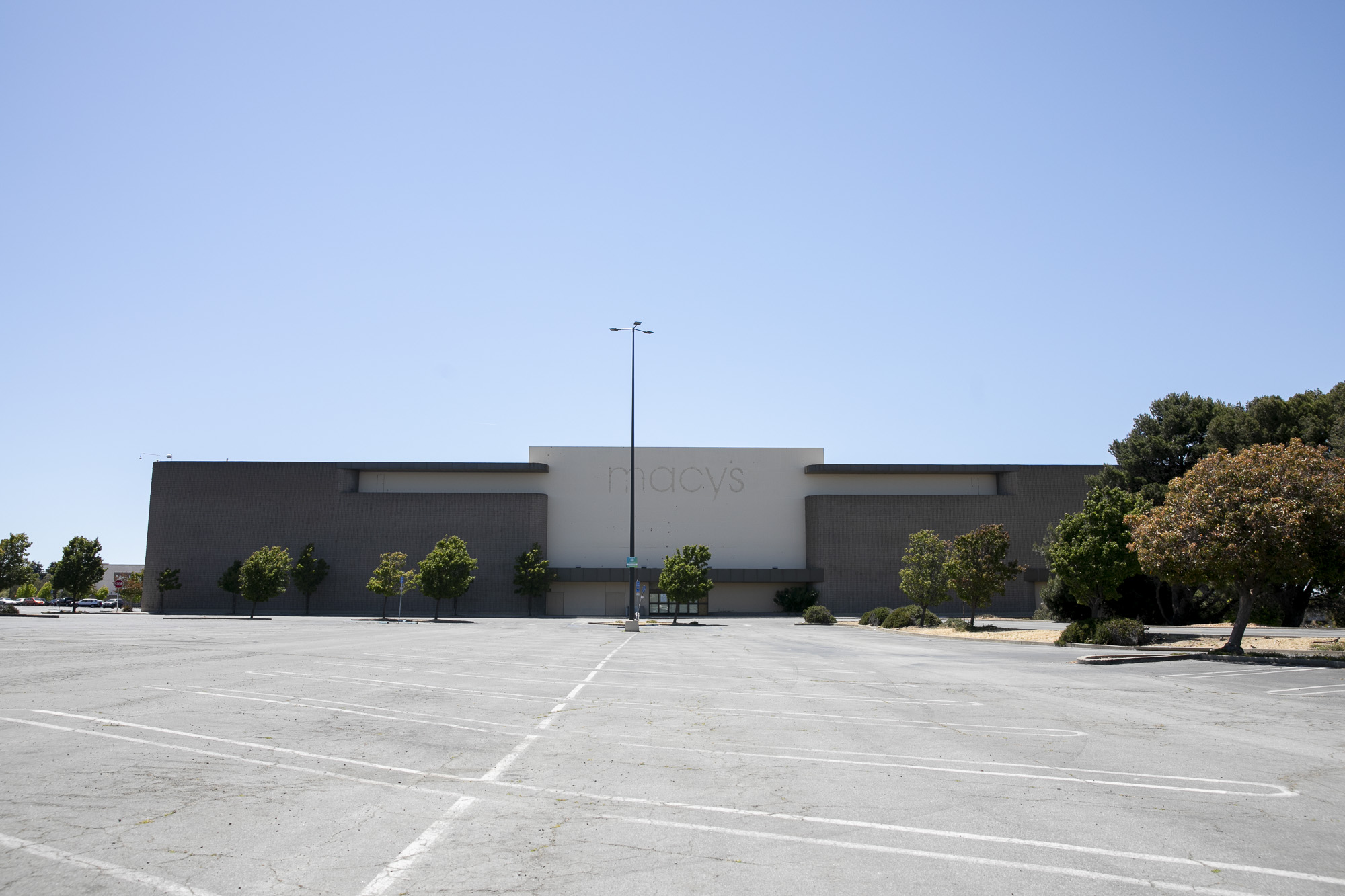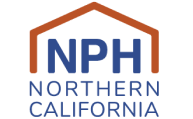Final State Budget Makes Robust Investments in Housing, Homelessness Solutions

CalMatters: Is union labor requirement in the way of easing California’s affordable housing crisis?
June 16, 2021The Policy Pipeline: Jul 6, 2021
July 2, 2021
Yesterday, the State Legislature passed and Governor Gavin Newsom is soon expected to sign the 2021-22 state budget deal, which contains significant investments to address affordable housing shortfalls and homelessness throughout the state.
This budget offers a bold statement about the foundational role housing plays for a strong, equitable, thriving California, by anchoring housing solutions in lawmakers’ vision for our future. The budget includes critical investments to take steps toward achieving a future where all state residents have a stable, safe, and affordable place to call home in California.
These key investments come at a time when California possesses a historic budget surplus and our communities continue to contend with an increasingly dire housing and homelessness emergency. This crisis impacts us all, and the breadth of solutions in the budget’s investments are meant to address the significant need across our state.
The state’s housing woes are exactly the critical environment that requires the bold and robust investments contained in the final state budget, which includes programs that will create more affordable homes, preserve existing homes, and provide relief for residents experiencing homelessness.
These investments present the possibility of health and wellness over stress and anxiety; stability and home over insecurity and injustice. The budget demonstrates that Governor Newsom and state lawmakers have recognized the need for this progress and are working with our communities to lead the nation in common-sense, humane, and just housing solutions for all our neighbors, no matter their race or class.
The finalized state budget agreement takes effect immediately with the end of this fiscal year on June 30.
The 2021-22 state budget includes:
Various Investments to Increase Affordable Housing and Address Homelessness
Collectively, these investments are designed to create more affordable homes, preserve existing homes, and assist state residents who are experiencing homlessness. The result will be more housing opportunities and security for our state’s families, particularly our BIPOC neighbors who have been disproportionately impacted by the COVID-19 pandemic and continue to contend with racist and exclusionary housing policies.
- $20 million to set up the Bay Area Housing Financing Authority (BAHFA) and fully fund its five pilot programs
- $1.75 billion in equity to fund 92% of stalled affordable housing developments (The Department of Housing and Community Development (HCD) estimates that projects have $1.9 billion in outstanding equity needs as of June 2021). This means that many developments that have stalled due to a lack of tax exempt bonds can move forward.
- $2.75 billion for Project Homekey, over two years (FY 2021-22 and 22-23), which allows for the acquisition of hotels/motels to house people experiencing homelessness.
- $2 billion over two years (FY 2021-22 and 22-23) for housing and services for people experiencing homelessness in the form of flexible funding to be made available to local jurisdictions. While we wait for the final policy framework which will determine how this funding will be expended we call on the Governor and Legislators to use the Bring California Home Framework which is designed to help end chronic homelessness in our state.
- $500 million in continuing investments in the low-income housing tax credits, California’s premier affordable housing production program.
- $500 million for the creation of a Foreclosure Intervention Housing Preservation Program which, among other things, will allow nonprofit affordable housing developers to acquire and preserve 1-4 unit buildings as permanently affordable housing while keeping existing tenants housed.
- $584 million for the infill infrastructure grant program to pay for housing infrastructure.
- $300 million for preservation of older HCD properties.
- $80 million for farmworker housing with $50 million dedicated to the Joe Serna Farmworker Housing Program and $30 million dedicated to the Office of Migrant Services for deferred maintenance projects.
- $10 million for a pilot program to convert commercial idle properties into affordable housing.
- $45 million for the California Housing Finance Agency’s (CalHFA) mixed income program, which funds mixed income affordable housing developments with an average affordability of 55% of area median income.
Investments to Assist Californians with Extremely Low Incomes as well as Middle Class Residents with Housing Affordability
These investments will provide resources for the state’s families who are at the lowest end of the income spectrum as well as first time homebuyers. Funding for accessory dwelling units and affordable student housing will provide more housing opportunities for more Californians. These investments are particularly impactful for BIPOC communities who, due to our state’s legacy of racist housing policies, disproportionately experience homelessness and have the least generational wealth to become first-time homebuyers.
- $285 million for CalWORKS recipients for whom homelessness or housing instability is a barrier to self-sufficiency or child well-being.
- $100 million for first time homebuyer assistance.
- $81 million for a new accessory dwelling unit financing program.
- $500 million for the construction of affordable student housing in the state university system.
Collectively, these investments for more affordable housing, to address homelessness, and to assist Californians with housing cost burdens will make a tremendous difference for everyday Californians who need relief now. All our neighbors deserve a decent place to live, and having a safe place to call home makes a real impact on our community members’ health, access to food, ability to work a job or attend school, and to thrive in all areas of life.
Governor Newsom and the State Legislature have done the right thing by taking these bold, critical steps for the interest and well-being of our state’s residents who require the most assistance. NPH looks forward to continuing our work with state lawmakers so that affordable housing solutions become the norm and an undisputed necessity for our communities all across California.

